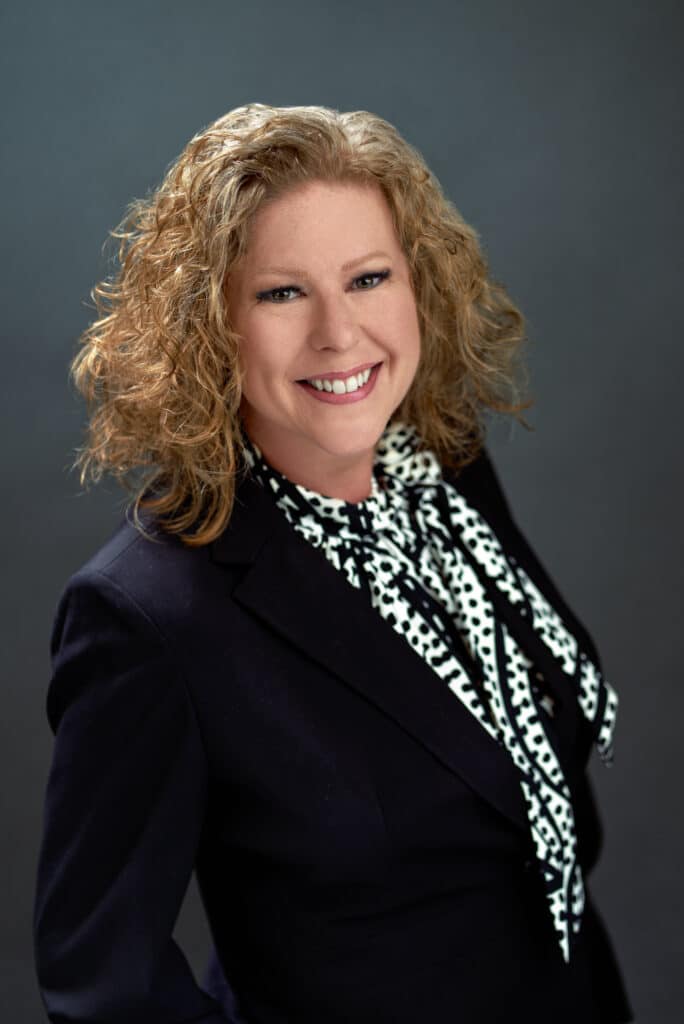
We are pleased to announce the appointment of Sherri Cabler as The Council on Recovery’s new Chief Financial Officer, effective June 16, 2025. Sherri succeeds Joel Ferguson, who retired earlier this year after decades of dedicated service.
Sherri brings to The Council more than 15 years of experience in nonprofit financial leadership, with a strong track record of ensuring financial sustainability, operational efficiency, and long-term impact. In previous roles, Sherri implemented organization-wide financial systems, streamlined grant reporting processes, and played a key role in strategic planning initiatives. She prides herself on bringing clarity, strategic thinking, and a steady hand to financial leadership.
Most recently, Sherri served as the CFO at YES to YOUTH – Montgomery County Youth Services. She holds a BBA in Accounting from Sam Houston State University and an MBA from Texas Woman’s University.
“I’m excited to bring my financial expertise to support the life-saving services at The Council,” says Sherri. “Joining an organization that provides such important services is inspiring.”
Please join us in giving Sherri a warm welcome to The Council! She can be reached at scabler@councilonrecovery.org.
